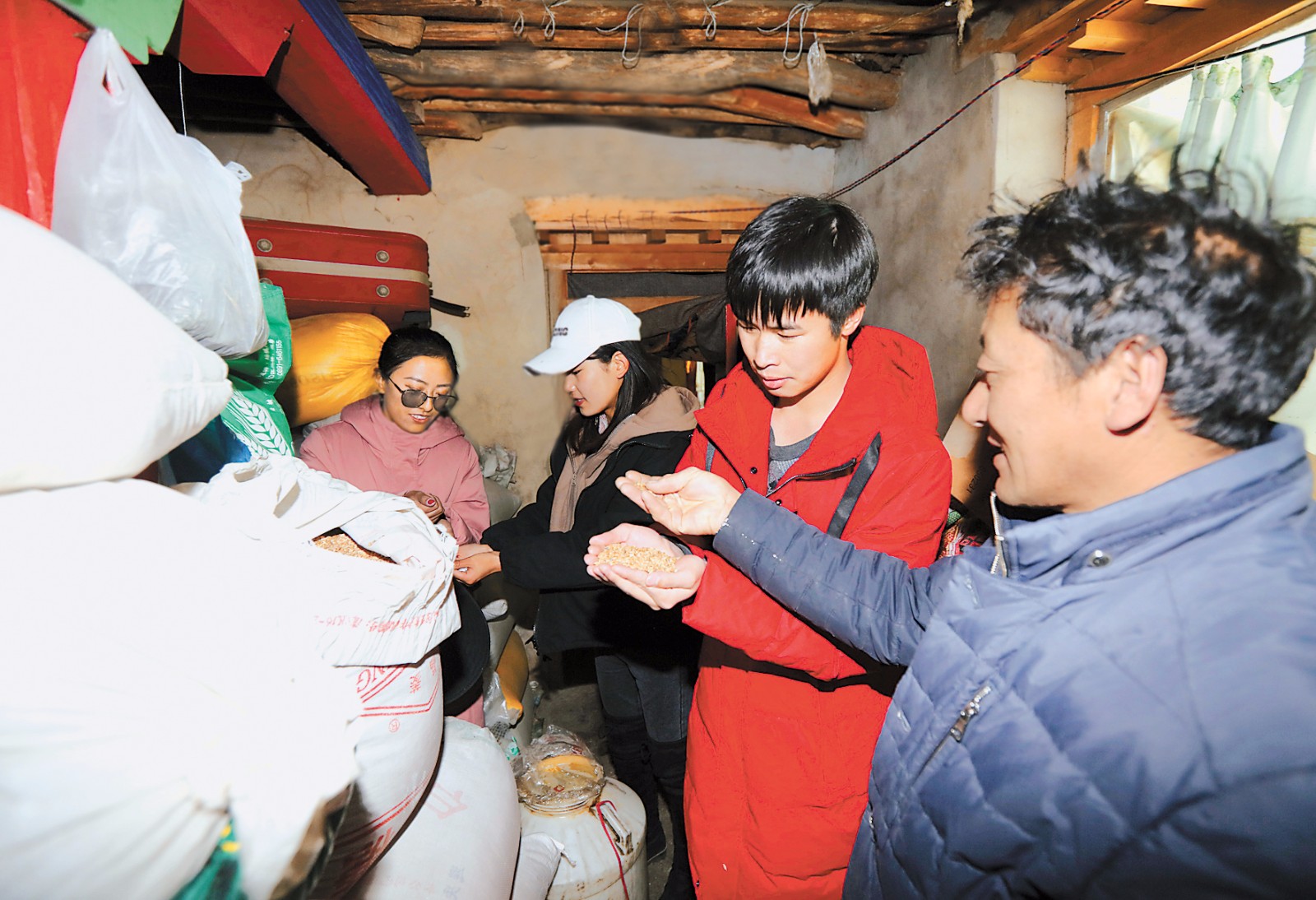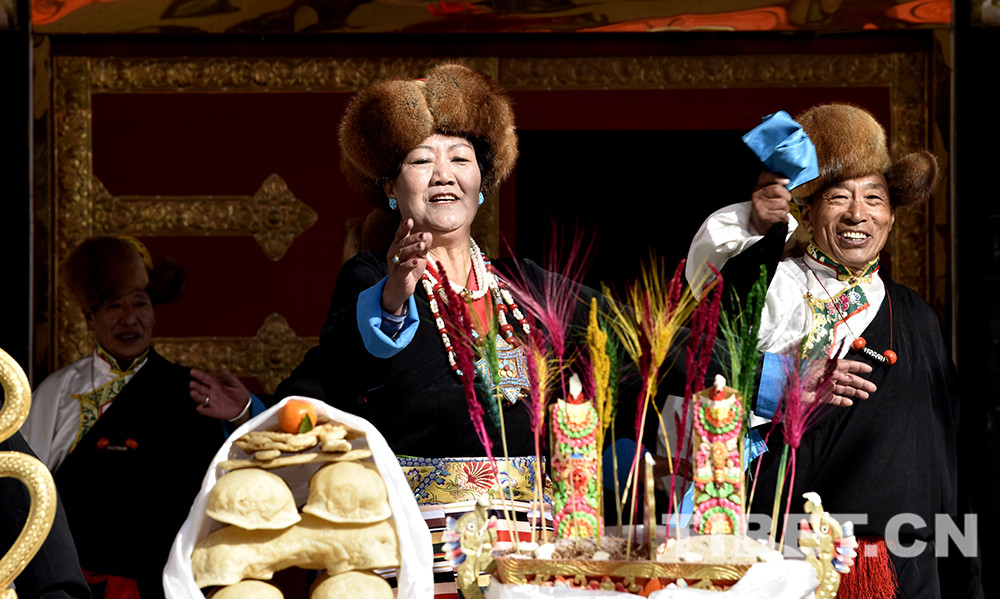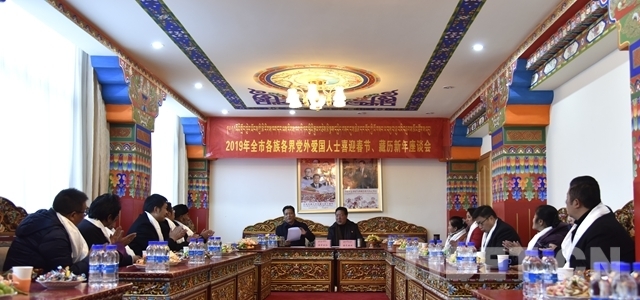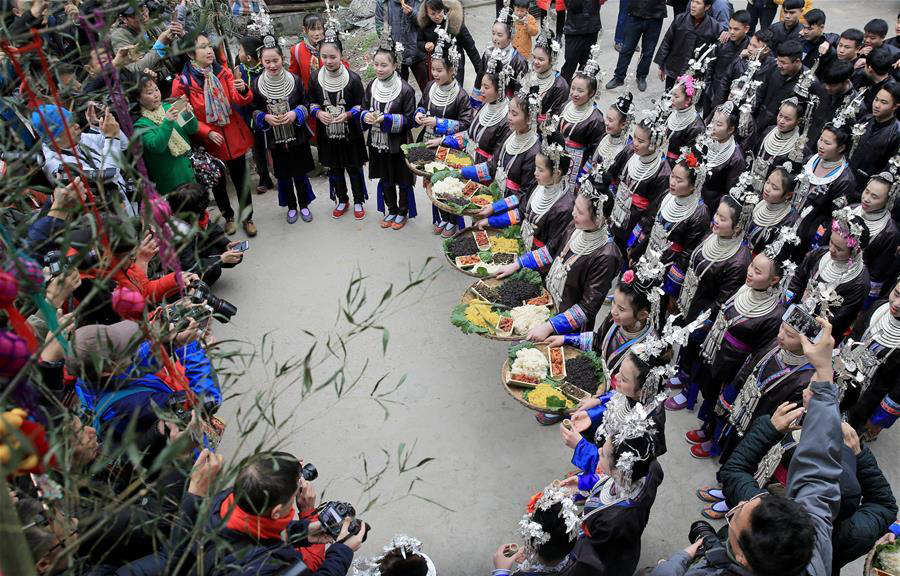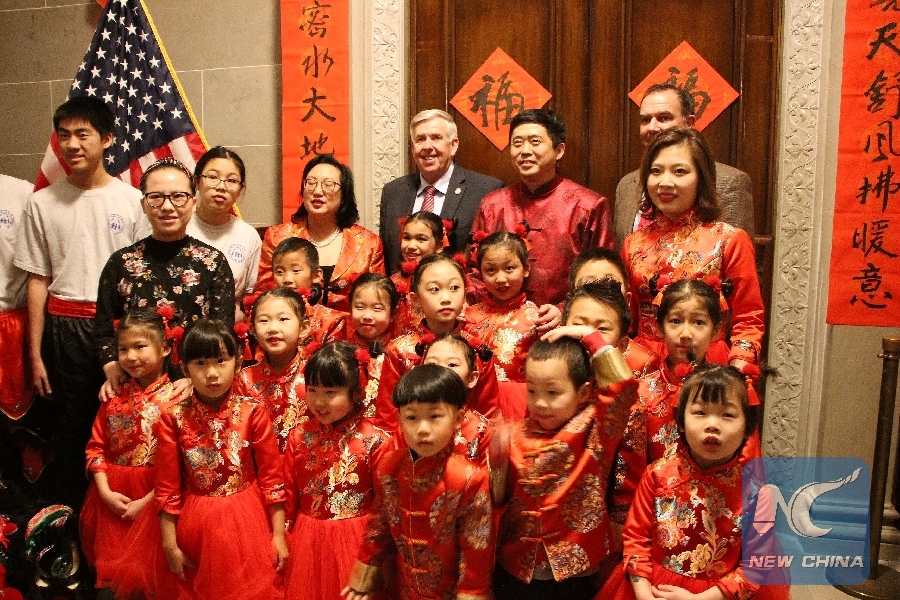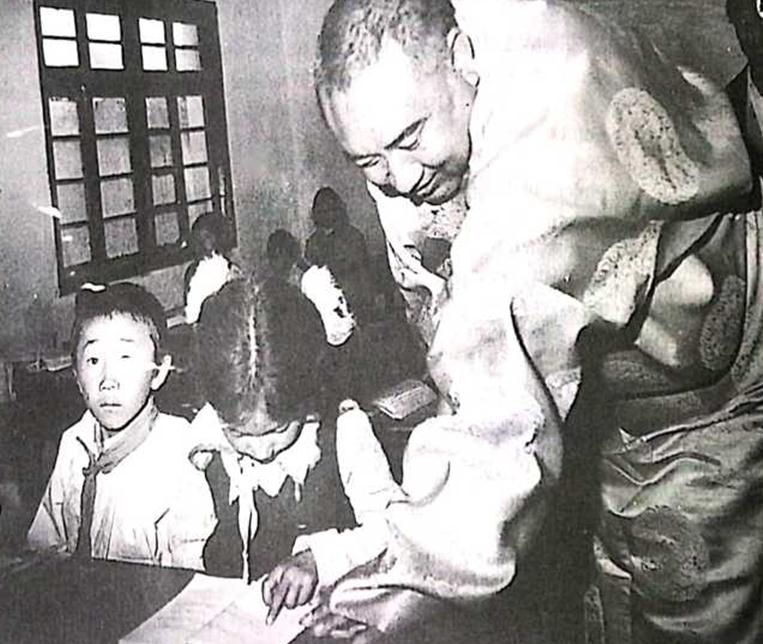New festival necessities in our family
"In the past, I only bought traditional New Year's goods such as fried pastry kasai. Now I need to buy a lot of new necessities, like New Year couplets written in Tibetan and paper cut-outs." In the village of Cijuelin in Caigungtang Township, Chengguan District of Lhasa in southwest China's Tibet, Basang's mother, 54-year-old Nyima Puchi, was sticking New Year's couplets written in Tibetan on both sides of the front door and the character for the word "good fortune" in the middle of the door.
Nyima Puchi's family lives in a newly built, Tibetan-style two-story house with a small courtyard. The house is more than 600 square meters and has a red door with Tibetan-style decorations over it. The house is very stylish.
"This year the Spring Festival and the Tibetan New Year are on the same day. We have bought a lot of necessities for Tibetan New Year and Spring Festival," Basang's husband Zhang Jun said. Tibetan New Year is called Losar, and it is equivalent to the Spring Festival of Han Chinese. It is the busiest time of year for Tibetans.
Nyima Puchi said that before New Year, Han people have customs of pasting New Year's couplets and window paper-cuts, which symbolize auspiciousness and good wishes for the New Year. Tibetans have the custom of changing the white "shampo" (Tibetan curtains for doors) for good luck and good New Year's wishes.
It is understood that in recent years, many Tibetan families have begun to follow Spring Festival customs, especially in Tibetan-Han families. They integrate New Year customs together, which becomes a new kind of custom. Nyima Puchi said that Zhang Jun is a Han Chinese from Sichuan Province.
"In 2012, I was at the construction site for the Princess Wencheng performance at Cijuelin Village. I met Basang, who was also working there, and we fell in love. A few years ago, we married with blessings from our families," Zhang Jun said. In the past few years, in addition to changing the shampo every Tibetan New Year, they began to paste Spring Festival couplets, make dumplings, and purchase Tibetan and Chinese New Year's festival goods.
"I really like many Chinese New Year's customs. For example, this ‘good fortune' word is posted upside down, and it means ‘good fortune is coming'. I hope that our family will be blessed every year. This is a good meaning," Basang said. "Although we are from different ethnic groups, we should respect each other's customs. Every year at this time, we wear new clothes to welcome the New Year, and we are very happy."
Editor: Tommy Tan.
Tibet Stories
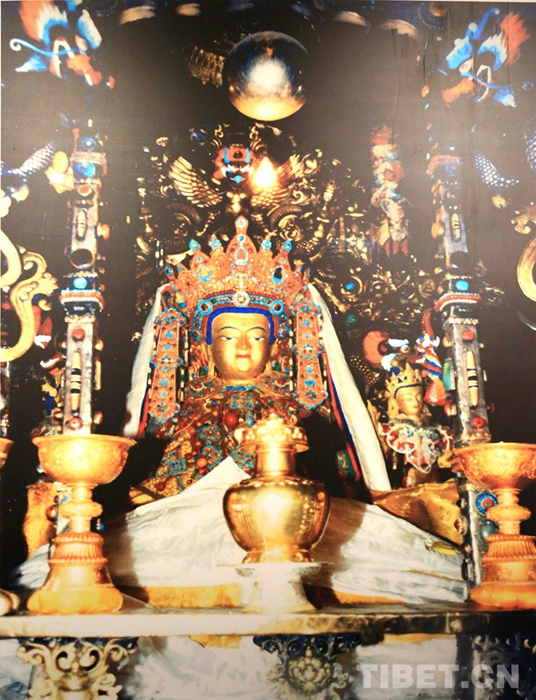
Why did Emperor Qianlong adopt the reincarnation system?
The system of drawing lots from a golden urn to choose the reincarnation of a Living Buddha ...
